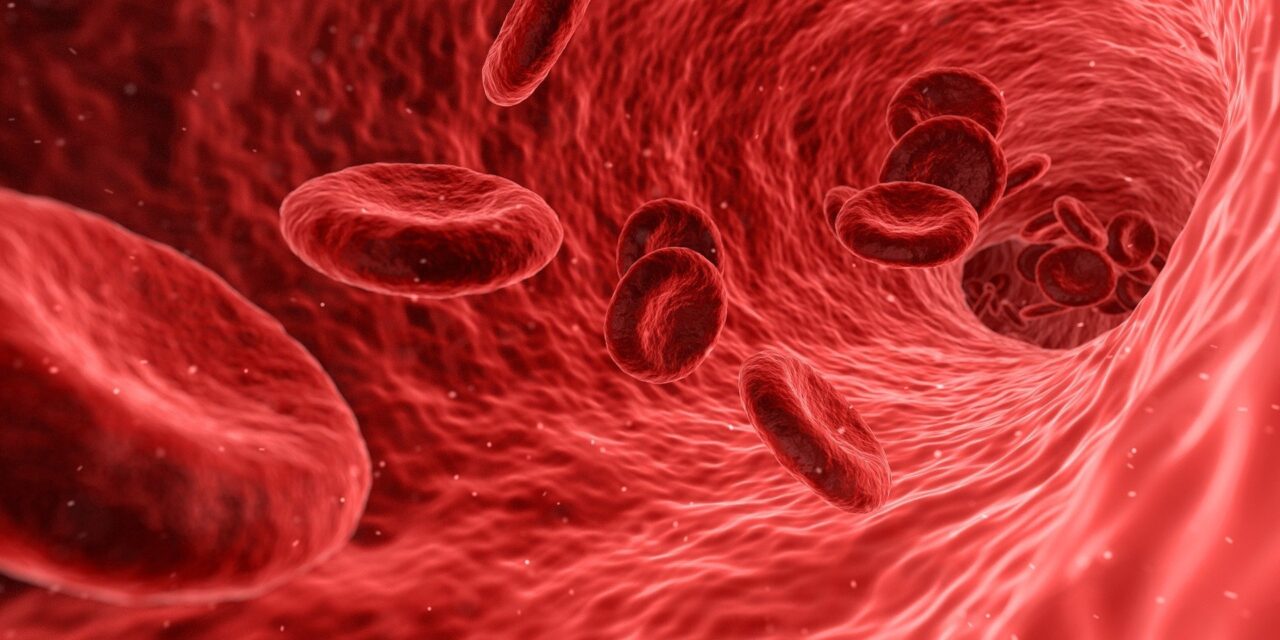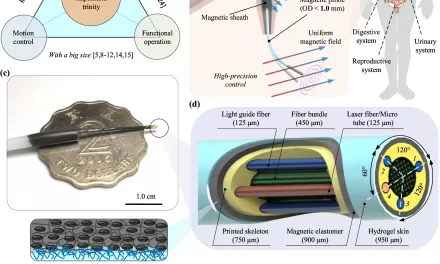An international clinical trial has revealed promising results for an all-tablet treatment for chronic lymphocytic leukemia (CLL), potentially transforming how patients receive therapy for this common blood cancer. Published in the New England Journal of Medicine, the study suggests that the new approach could lead to improved survival rates while eliminating the need for lengthy hospital infusions.
The AMPLIFY clinical trial, conducted across 27 countries and involving more than 800 patients who had not previously undergone treatment, compared the efficacy of standard chemotherapy and immunotherapy regimens with an all-tablet alternative. Traditional CLL treatments, including chemotherapy and rituximab-based immunotherapy, often require intravenous administration and can lead to prolonged immune suppression and severe side effects.
Breakthrough Findings in CLL Treatment
According to Professor John Seymour, Director of Hematology at Peter MacCallum Cancer Center and the Royal Melbourne Hospital, the study demonstrated that a combination of targeted oral therapies—acalabrutinib and venetoclax, with or without obinutuzumab—resulted in significantly longer progression-free survival compared to traditional chemotherapy regimens.
“These results are very encouraging, with the overall survival rate at 36 months being significantly better with this all-tablet combination compared to chemotherapy treatments,” said Prof. Seymour. “It highlights the potential for better patient outcomes through a simple, tablet-based therapy rather than requiring hospital-based infusions.”
The study also compared the new all-tablet approach with a previously approved CLL treatment using ibrutinib, which had been linked to a higher risk of heart complications. The new combination, however, showed a much lower incidence of such risks, making it a potentially safer alternative.
Targeting Hard-to-Treat CLL Patients
Another key finding from the study was the effect of the new combination on patients with an unmutated immunoglobulin heavy chain variable region gene (uIGHV), a disease profile typically associated with poorer outcomes. The trial revealed that these patients experienced similar benefits to those with the mutated IGHV profile, especially when obinutuzumab was included in the regimen.
“This discovery is promising for this hard-to-treat cancer group,” Prof. Seymour noted. “It was reassuring to see that the side-effect profiles of all the treatments were generally manageable, further reinforcing the safety of this approach.”
A New Era for CLL Treatment
CLL is the most common form of leukemia in Australia, with approximately 1,000 new diagnoses each year. The findings of this trial, which were also presented at the American Society of Hematology meeting in San Diego, could pave the way for a shift towards fixed-duration, oral treatment regimens. Once this new combination receives funding in Australia, eligible patients may have access to a more convenient and effective alternative to infusion-based therapies.
Disclaimer: The findings from this study are based on clinical trial data and should not be considered a substitute for professional medical advice. Patients should consult their healthcare providers to discuss treatment options tailored to their specific conditions.
For more details, refer to the original study: Jennifer R. Brown et al, Fixed-Duration Acalabrutinib Combinations in Untreated Chronic Lymphocytic Leukemia, New England Journal of Medicine (2025). DOI: 10.1056/NEJMoa2409804.











